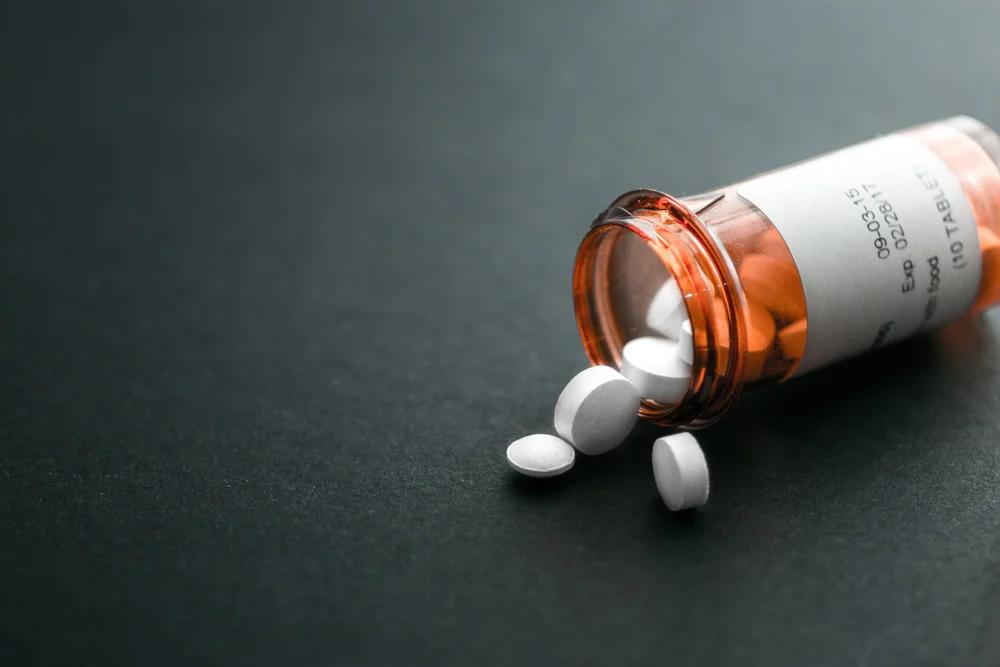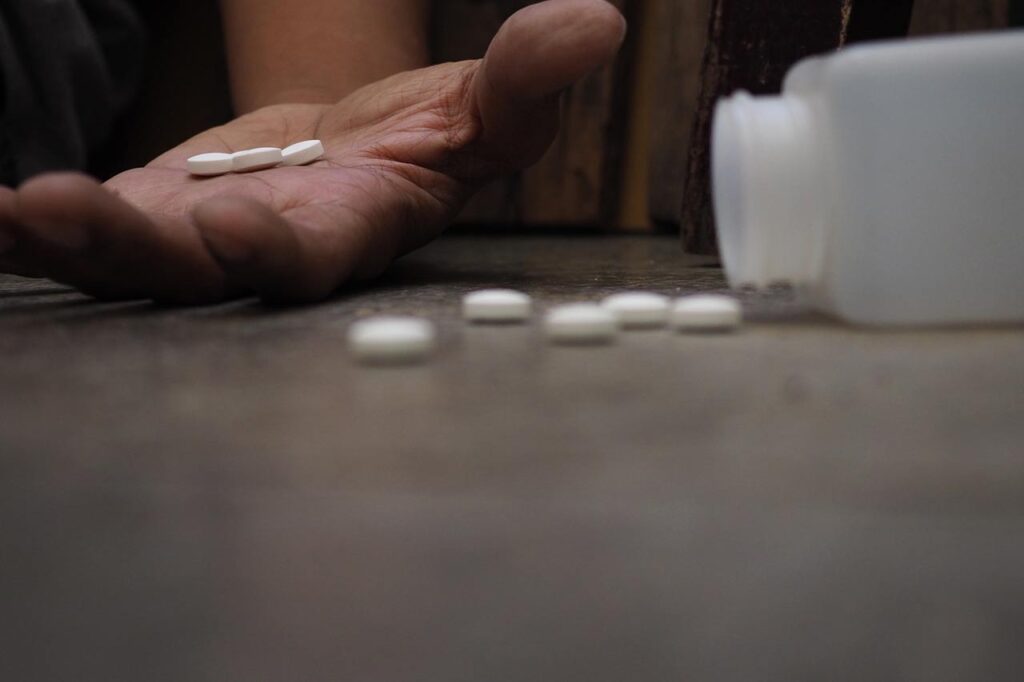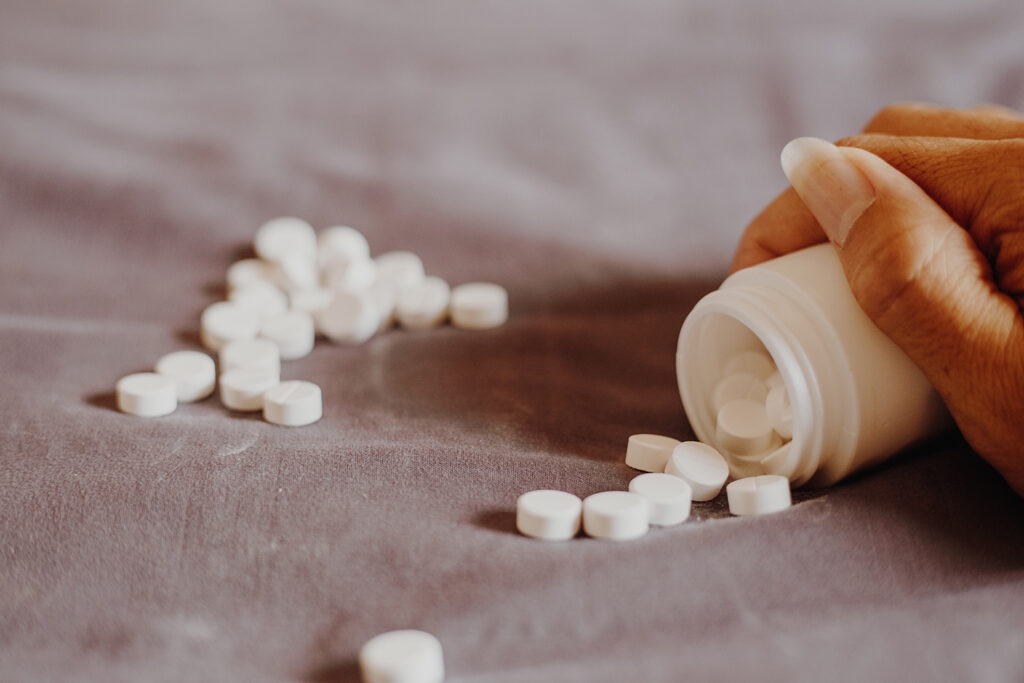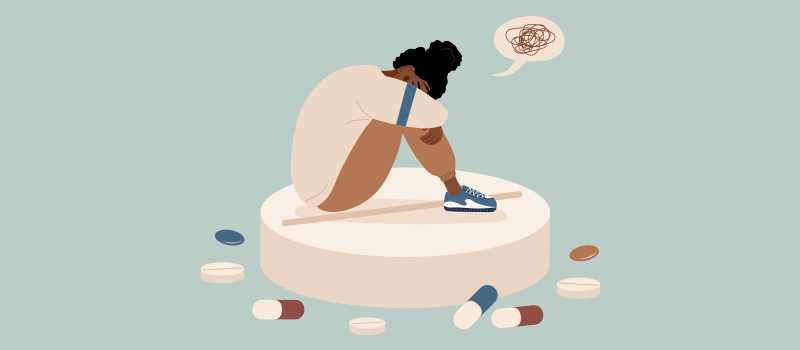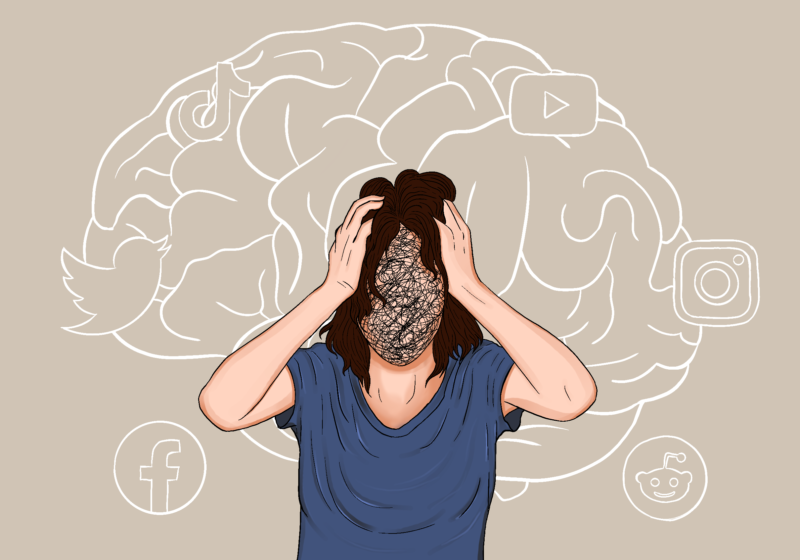Key Takeaways
- Combining Ketamine therapy with an Intensive Outpatient Program (IOP) in New Jersey offers a comprehensive treatment strategy for depression, addressing both biological and psychological aspects simultaneously.
- The integration of Ketamine therapy with IOP can lead to improved treatment outcomes, faster recovery, and a more holistic approach to managing depression.
- While Ketamine is generally well-tolerated, possible side effects may include dissociation, increased heart rate, and temporary changes in blood pressure. Monitoring by healthcare professionals is crucial.
- Relevance Recovery in New Jersey provides personalized care plans and supportive environment where individuals can benefit from the synergistic effects of Ketamine therapy and IOP, fostering a path towards improved mental health and well-being.

Ketamine & Intensive Outpatient Program (IOP) to Boost Mood
When you’re in the thick of depression, the world can seem colorless and unchanging. But there’s hope on the horizon. Imagine a treatment that could lift the fog of depression in just a few hours. Now, pair that with a support system that helps you rebuild your life without the need for full hospitalization. That’s the promise of combining ketamine therapy with an Intensive Outpatient Program (IOP). Relevance Recovery is a treatment center in New Jersey that specializes in this.
Quick Facts on Ketamine & IOP
Ketamine, once known primarily as an anesthetic, has emerged as a breakthrough therapy for treatment-resistant depression. Intensive Outpatient Programs (IOP), on the other hand, offer a bridge between inpatient care and traditional therapy sessions. Together, they’re a dynamic duo against depression’s grip.
Benefits of Ketamine & IOP
The benefits of ketamine therapy are significant. It works rapidly to alleviate depressive symptoms, sometimes within hours, and can be particularly effective for those who haven’t responded to other treatments. IOPs support the ongoing recovery process, providing structure, therapy, and peer support while allowing patients to maintain their daily lives.
Discovering Ketamine Therapy
Depression can be a relentless adversary, and sometimes, traditional antidepressants just don’t cut it. That’s where ketamine comes in, offering a glimmer of hope where other treatments may have failed.
What Is Ketamine?
Ketamine is a medication that has been used safely as an anesthetic in hospitals for over 50 years. In recent years, it has been repurposed to treat depression, often with rapid and remarkable results. It’s thought to work by rapidly increasing the connections between neurons in the brain, which can be reduced in people with depression.
“Ketamine therapy significantly reduced depression symptoms within four hours, with effects lasting up to three days or more.” – Yale University School of Medicine study.
Because of its unique mechanism, ketamine can often help those who have not found relief with other treatments, making it a vital option for many.
Is Ketamine Right for Me?
Deciding to pursue ketamine therapy is a personal choice and one that should be made in consultation with a healthcare provider. It’s typically considered for those with treatment-resistant depression, meaning they’ve tried other forms of treatment without success. Here’s a simple checklist to help guide your decision:
- Have you tried multiple antidepressants without adequate relief?
- Are you struggling with thoughts of self-harm or suicide?
- Do you have the ability to attend a clinic for treatment?
- Are you open to trying a novel form of therapy?
If you answered ‘yes’ to these questions, ketamine therapy might be an option worth exploring with your doctor.
IOP’s Role in Healing
While ketamine provides a quick and powerful response to depression, it’s not a standalone solution. Healing from depression is a journey, one that often requires a multifaceted approach. This is where Intensive Outpatient Programs (IOP) come into play, offering a structured yet flexible environment for recovery.
Intensive Outpatient Programs are designed for those who need more support than traditional weekly therapy sessions can provide but who don’t require the round-the-clock care of an inpatient facility. IOPs typically involve several hours of therapy per day, several days a week, allowing individuals to remain in their home environment and maintain other aspects of their daily life.
Defining Intensive Outpatient Programs
An Intensive Outpatient Program is more than just therapy; it’s a comprehensive treatment modality. It often includes group therapy, individual counseling, and sometimes family therapy sessions. The goal is to provide education, support, and treatment for individuals struggling with mental health issues while they continue to engage with their community.
- Group therapy sessions to build support networks
- Individual counseling for personalized care
- Skills workshops to manage symptoms and stress
- Medication management, if needed
Participating in an IOP can help individuals develop coping strategies, understand their mental health better, and build resilience against future depressive episodes.
How IOP Supports Your Journey
One of the key strengths of an IOP is the sense of community and understanding it fosters. Depression can be isolating, but in an IOP, you’re surrounded by people who get it. They know the struggle because they’re in it too. This shared experience can be incredibly validating and empowering.
Moreover, the skills learned in IOP—like mindfulness, cognitive-behavioral techniques, and stress management—are tools that you carry with you. They’re not just for the duration of the program; they’re skills that can help you handle the ups and downs of life long after the program ends.
Combining Ketamine & IOP in New Jersey
In New Jersey, the combination of ketamine therapy and IOP is an emerging and promising approach to treating depression. With ketamine providing rapid symptom relief and IOP offering ongoing support, patients have access to a robust and holistic treatment plan.
It’s important to understand that this combination therapy requires commitment. Ketamine therapy involves several sessions over a few weeks, and IOP usually spans several months. However, this investment of time and effort can lead to significant and lasting improvements in mental health.
Understanding the Commitment
Before embarking on this dual approach, it’s crucial to understand what’s involved. Ketamine treatments are typically administered in a series of infusions over two to three weeks, while IOPs generally require a commitment of several hours per week for a few months. Both treatments require a level of stability and support at home, as well as the ability to get to and from the treatment center.
Where to Find Combined Treatment
Finding a center that offers both ketamine therapy and IOP can take some research. In New Jersey, several clinics specialize in this combined approach. It’s important to look for reputable providers with experienced professionals who can tailor the treatment to your specific needs.
Relevance Recovery to Start Your Treatment Journey
Relevance Recovery is one such center in New Jersey that understands the importance of combining these therapies. With a focus on individualized care, Relevance Recovery offers ketamine treatments alongside a comprehensive IOP, providing a holistic path to wellness for those battling severe depression.
Starting your treatment journey at a place like Relevance Recovery means taking a significant step towards reclaiming your life from depression. The blend of rapid relief from ketamine and the ongoing support of IOP could be the turning point you’ve been seeking.
Contact us to learn more about the combined treatment of ketamine and IOP for depression today.
Frequently Asked Questions (FAQ)
1. How Quickly Does Ketamine Work for Depression?
Ketamine can work to alleviate symptoms of depression within hours of treatment, which is much faster than traditional antidepressants that can take weeks to become effective.
2. What Should I Expect During IOP?
During IOP, you can expect a structured program that includes group therapy, individual counseling, and educational workshops. These programs are designed to help you manage your mental health and integrate treatment strategies into your daily life.
3. Can Insurance Cover These Treatments?
Insurance coverage varies, but many insurance plans do cover IOP services. Ketamine therapy may also be covered, depending on the provider and the specific health plan.
4. Are There Any Risks with Ketamine Therapy?
Though ketamine therapy is generally considered safe when administered by a medical professional, it does come with potential risks and side effects. Common side effects can include dizziness, nausea, and dissociation during the infusion. It’s important to discuss these with a healthcare provider and ensure treatments are administered by a qualified professional in a medical setting.
5. How Long Does Treatment Typically Last?
The duration of ketamine therapy varies, but it typically involves a series of infusions over two to three weeks. IOP programs can last several months, with the frequency and duration of sessions gradually decreasing as you make progress.

